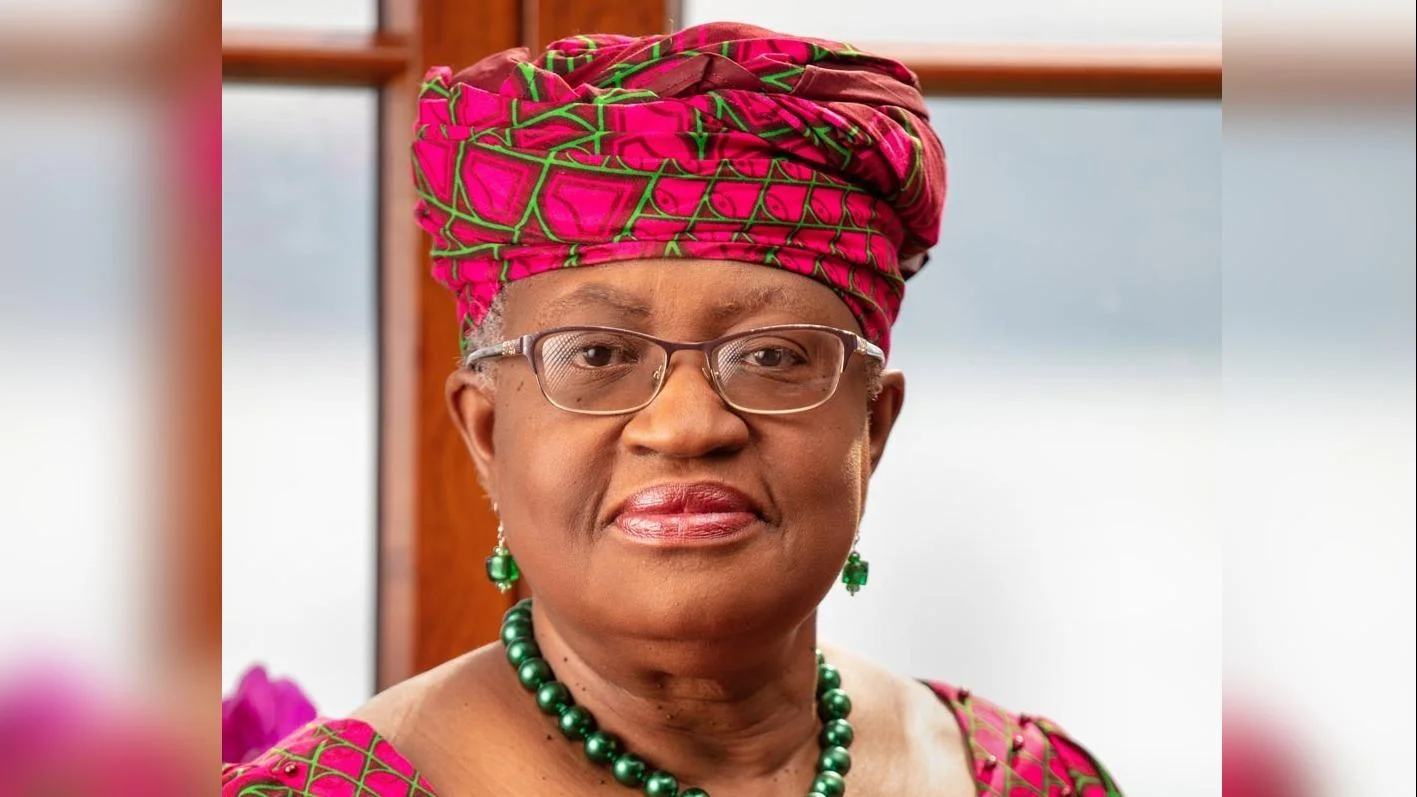On July 10, 2024, delegates gathered for the 36th Session of the FAO Committee on Fisheries to discuss pressing issues related to global fisheries and agriculture. The session underscored the importance of strategic partnerships, particularly between the World Trade Organization (WTO) and the Food and Agriculture Organization (FAO), in addressing these challenges.
"The sustainability of fisheries is a growing emergency for nations worldwide as the deterioration of fish stocks accelerates unabated," stated one delegate. Highlighting that millions depend on marine fishing for their livelihood and food security, they stressed that sustainable management of ocean resources is essential.
The WTO's analysis indicates that USD 4.5 billion was disbursed globally in support of marine fisheries over a 13-year period ending in 2022. Of this amount, 59% targeted sustainable fisheries. However, harmful fisheries subsidies, estimated at USD 22 billion annually, overshadow these efforts significantly.
The WTO Agreement on Fisheries Subsidies, concluded at the 12th WTO Ministerial Conference in 2022, represents a critical step forward by prohibiting subsidies that harm global fisheries sustainability. These include subsidies to illegal, unreported, and unregulated (IUU) fishing and those concerning overfished stocks or unregulated high seas fishing.
Despite this progress, two critical tasks remain unfinished. Firstly, for the Agreement to enter into force, two-thirds of WTO members—110 members—must ratify it by depositing their national instruments in Geneva. Currently, only 78 members have done so.
"I appeal to you for your support in bringing the Agreement into force this year," urged another delegate. "Please mobilize your governments and your legislatures."
Secondly, there are ongoing negotiations aimed at addressing subsidies contributing to overcapacity and overfishing. The goal is to achieve an agreement with ambitious disciplines on these harmful subsidies while ensuring special treatment for developing members.
"We came so very close to concluding this work at [the] 13th WTO Ministerial Conference in Abu Dhabi a few months ago," noted another official.
A diverse group of WTO members has expressed eagerness to finalize these negotiations by July's General Council meeting despite some skepticism from certain quarters.
In conclusion, delegates emphasized their collective responsibility: "We have an opportunity and a responsibility to save the fish and the millions—even billions—who depend on them for food and livelihood."
###

